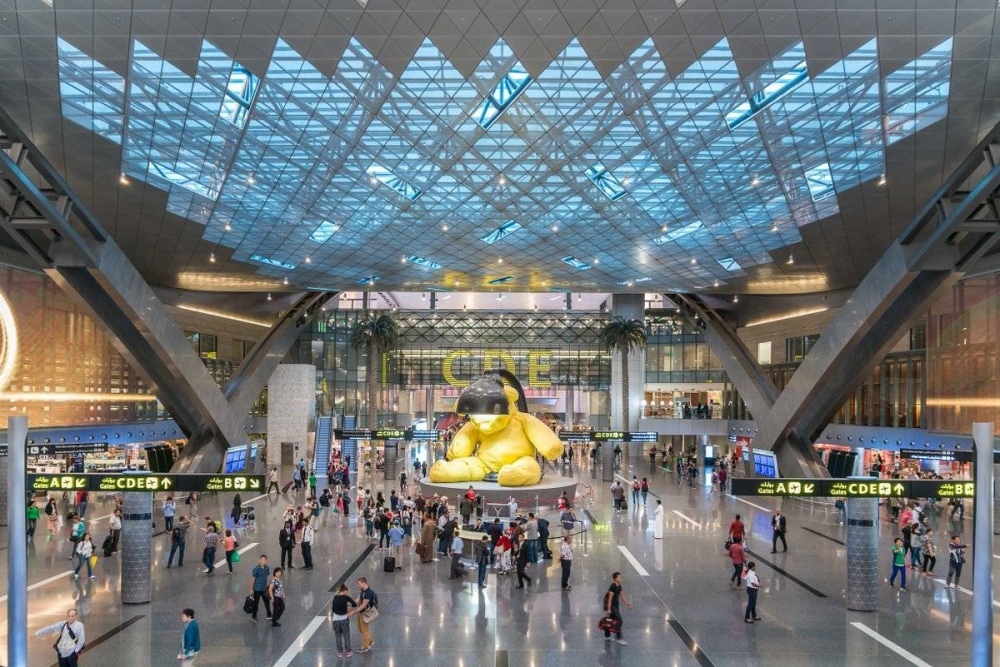Qatar's non-oil sector growth will be stronger (3.3%) this year than in 2021 (2.7%) but weaker than the estimated 6% in 2022, Oxford Economics said in a report.
The country’s tourism sector will benefit from international arrivals for major events, including the Asian Football Cup and Formula 1 Qatar Grand Prix this year, Oxford Economics noted in its latest country report.
Non-oil sector recovery will slow in 2023 after a strong 2022, it said. The non-oil sector is likely to have expanded by 6% in 2022, marking the fastest pace since 2015.
However, this is weaker than the 7.6% pace Oxford Economics projected previously, given historical data revisions.
Specifically, non-oil activities are now thought to have expanded by 6.5%, down from 9.7% earlier.
The pace will slow to 3.3% in 2023 as momentum eases with the conclusion of the FIFA World Cup Qatar 2022.
But this will still be stronger than the 2.7% expansion in 2021, which followed a decline of 4.7% in 2020.
The latest figures show almost 600,000 tourist arrivals in November last year, taking the total in January-November (2022) just shy of 2mn, more than triple the 2021 figure overall, thanks to a surge in arrivals from across the world.
Arrivals likely remained strong in December, with the total number of visitors possibly exceeding the 2.36mn projected in the Oxford Economics baseline.
The report noted some $200bn has been spent on Qatar's infrastructure, partly related to the 2022 football World Cup, and partly to an expanding population and the country’s long-term strategy, National Vision 2030.
In addition, Qatar is developing into a significant regional financial and educational centre.
As a result of strong growth, GDP per capita (on a purchasing power parity basis) has also risen rapidly to make Qatar officially the wealthiest country in the world. It also has one of the most advanced and extensive welfare and free education systems in the GCC region.
A heavy investment and diversification strategy has transformed the economy, driving a doubling of GDP and exports in five years and producing budget and current account surpluses until the downturn in the oil price in 2015.
The country’s inflation rose to 5.9% in December last year, as the FIFA World Cup Qatar 2022 resulted in a larger-than-expected increase in the price of food and recreational and cultural services.
This brought the 2022 average to 5%, the highest in the current series.
“We expect inflationary pressures to subside, but with housing prices barely budging, we have lifted our 2023 projection by 0.7ppts, to 3.2%,” Oxford Economics noted.
Business
Qatar's estimated 3.3% non-oil sector growth this year to be stronger than in 2021: Oxford Economics

The latest figures show almost 600,000 tourist arrivals in November last year, taking the total in January-November (2022) just shy of 2mn, more than triple the 2021 figure overall, thanks to a surge in arrivals from across the world.

